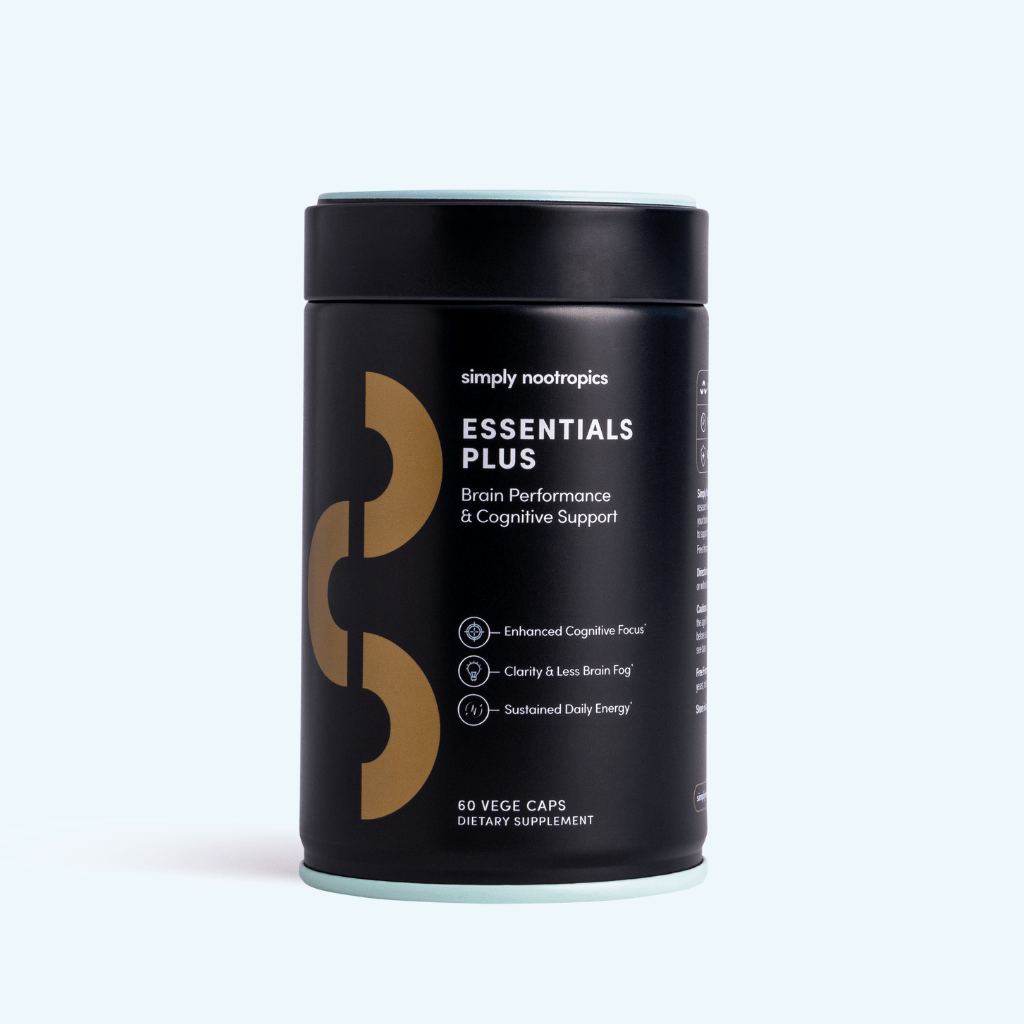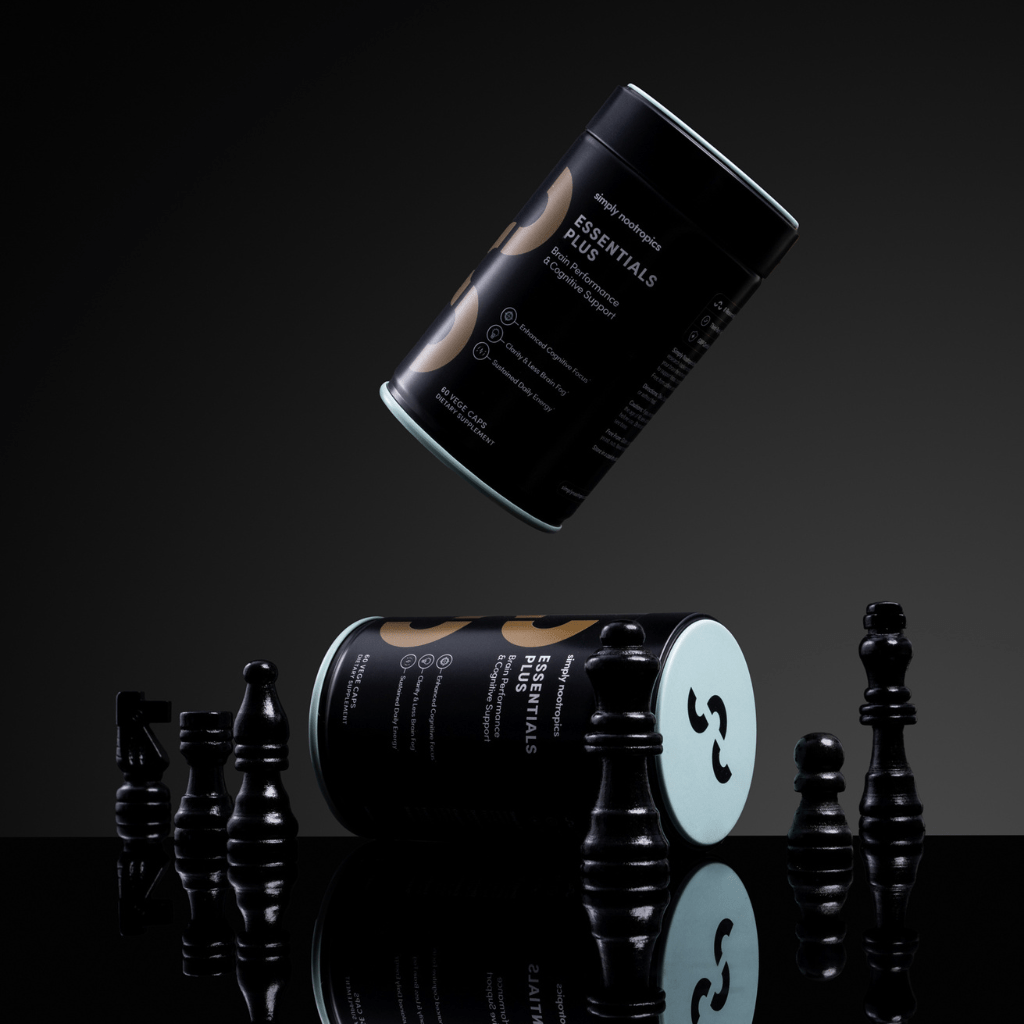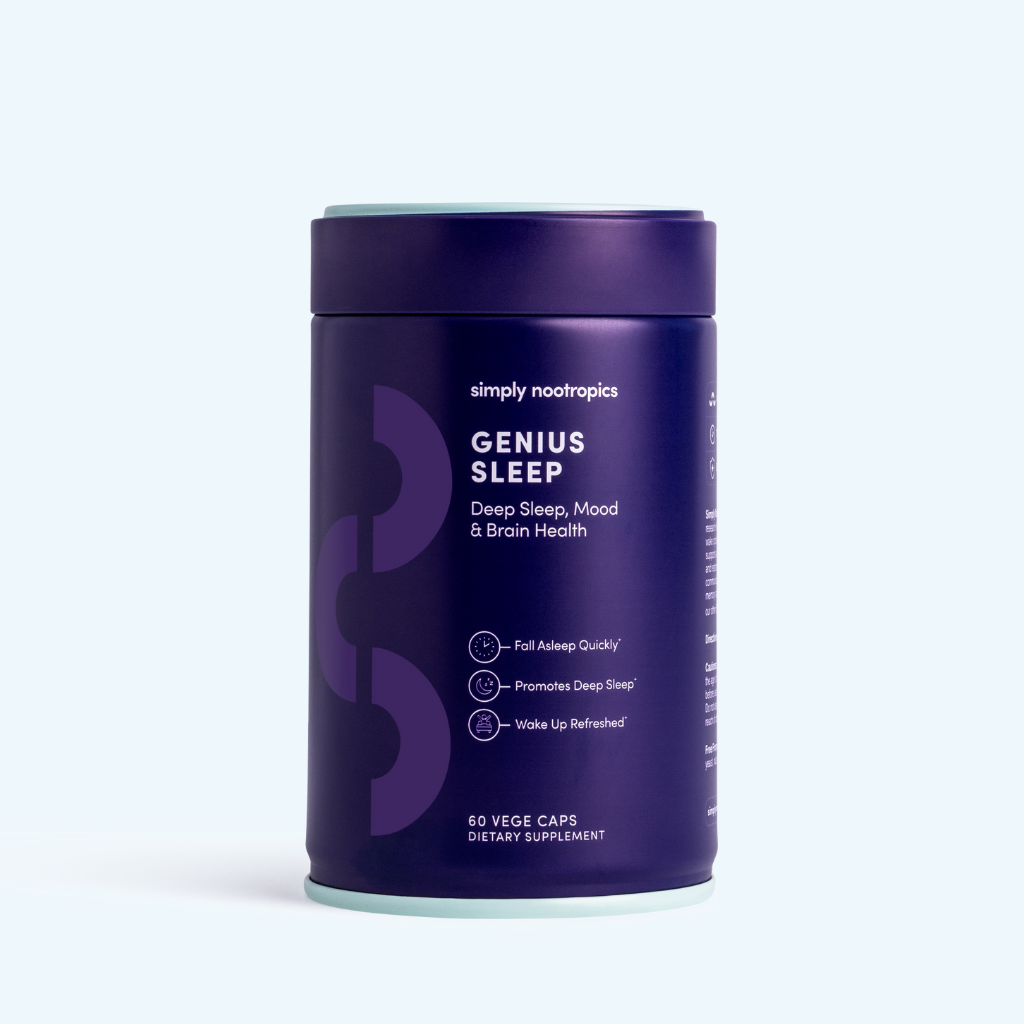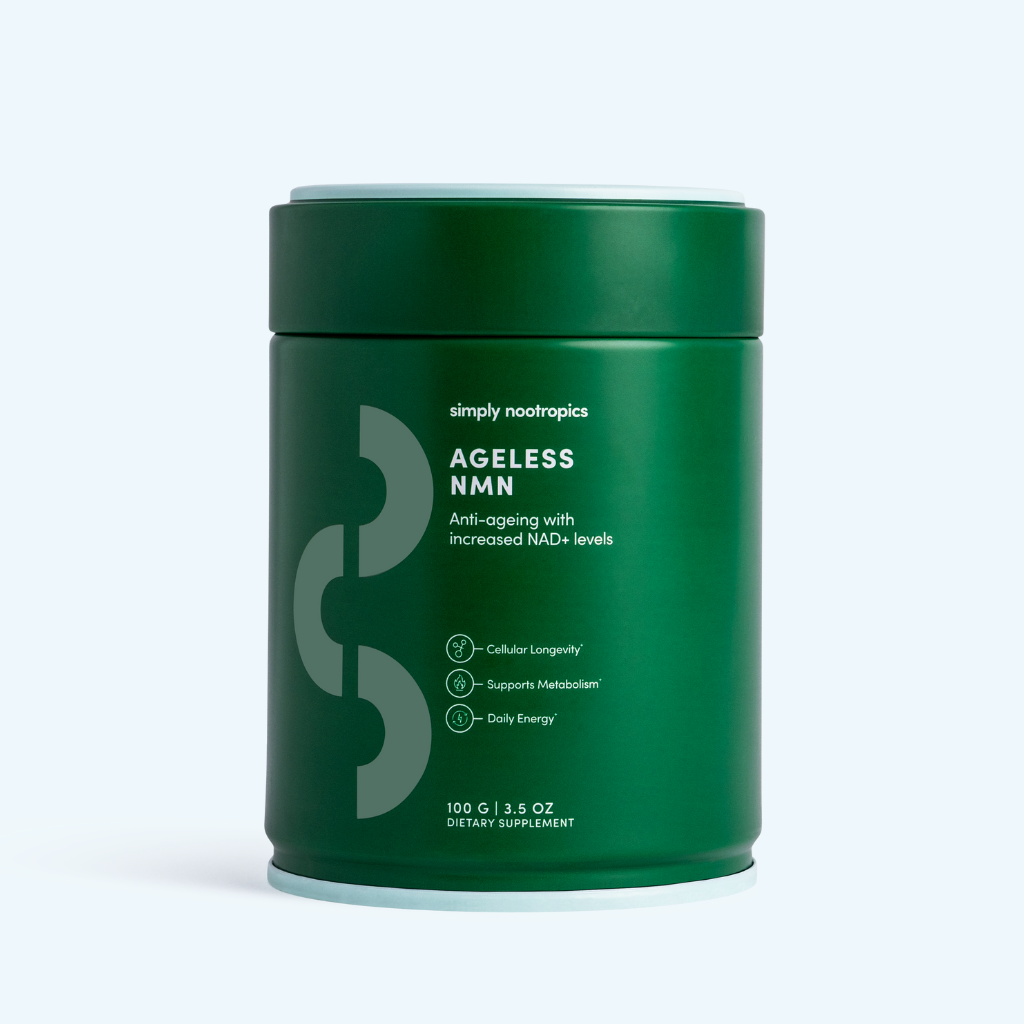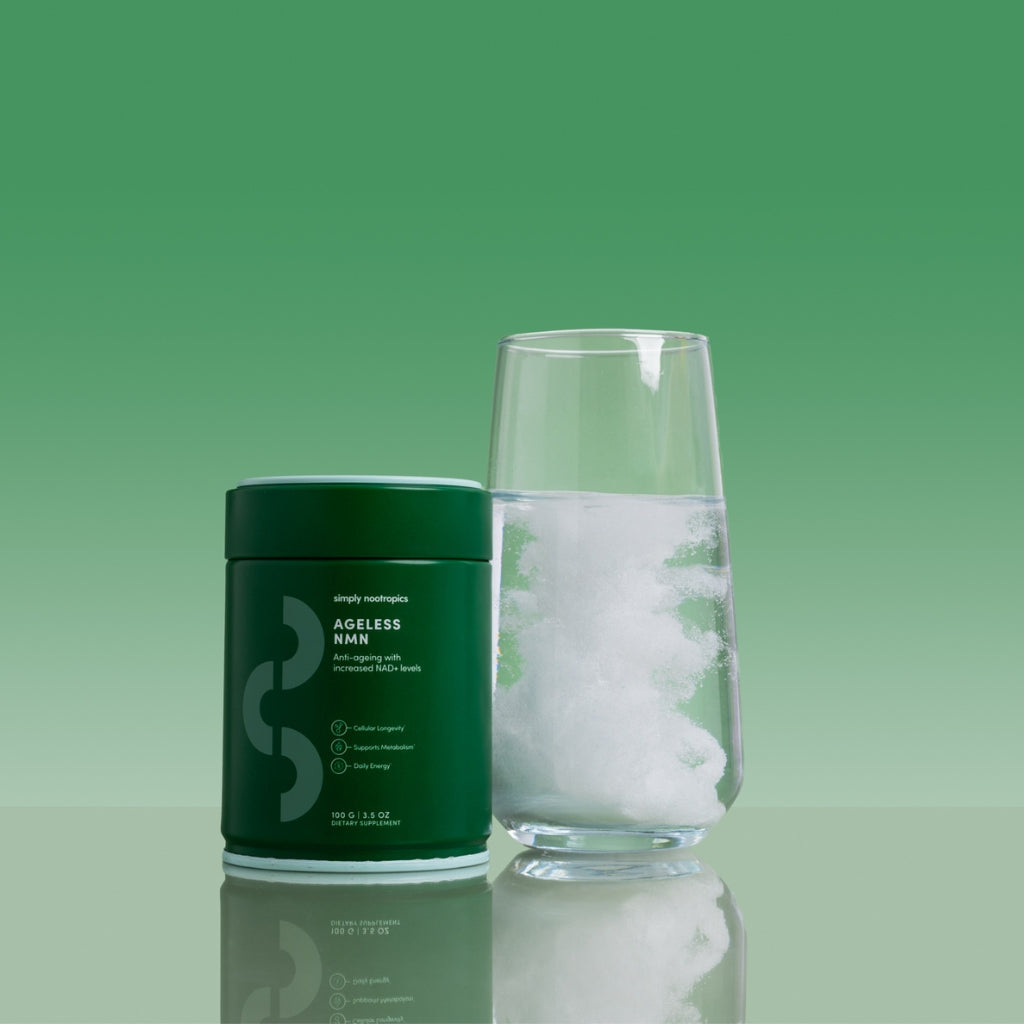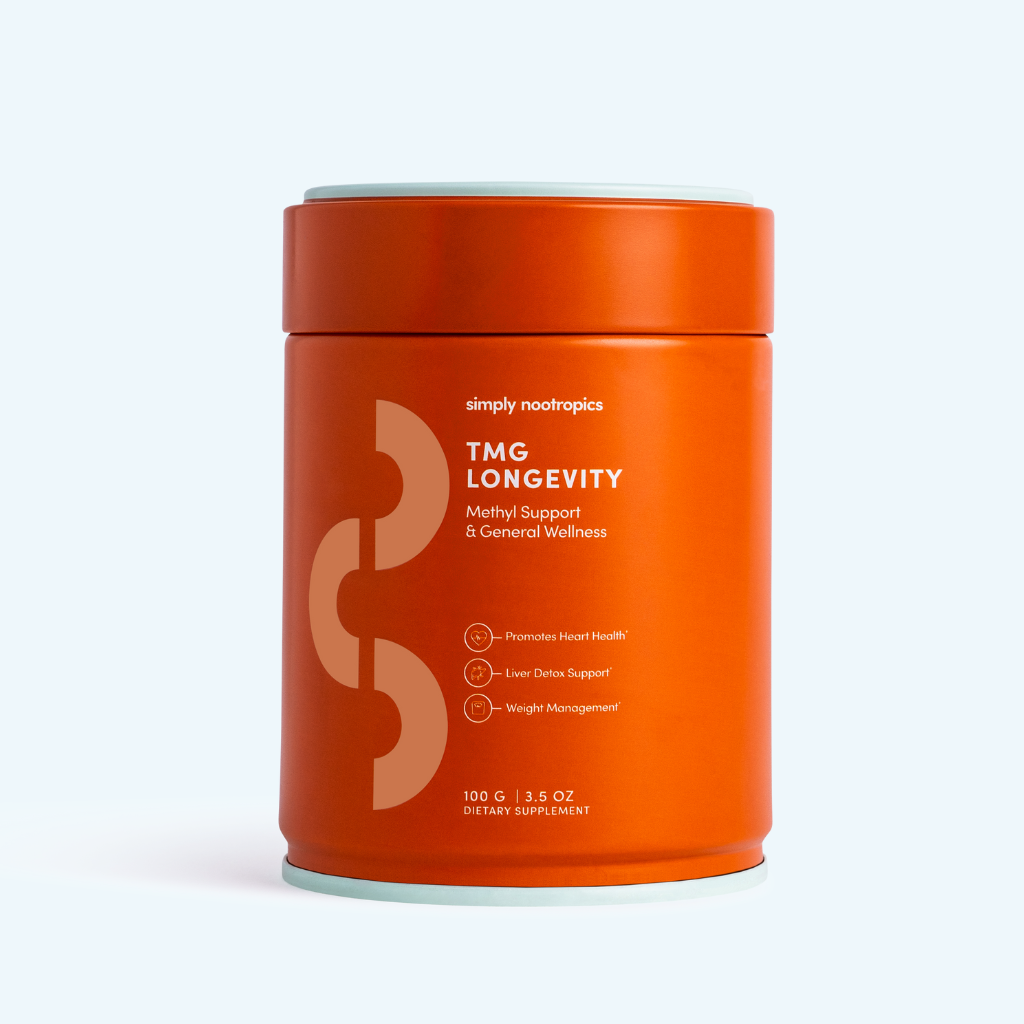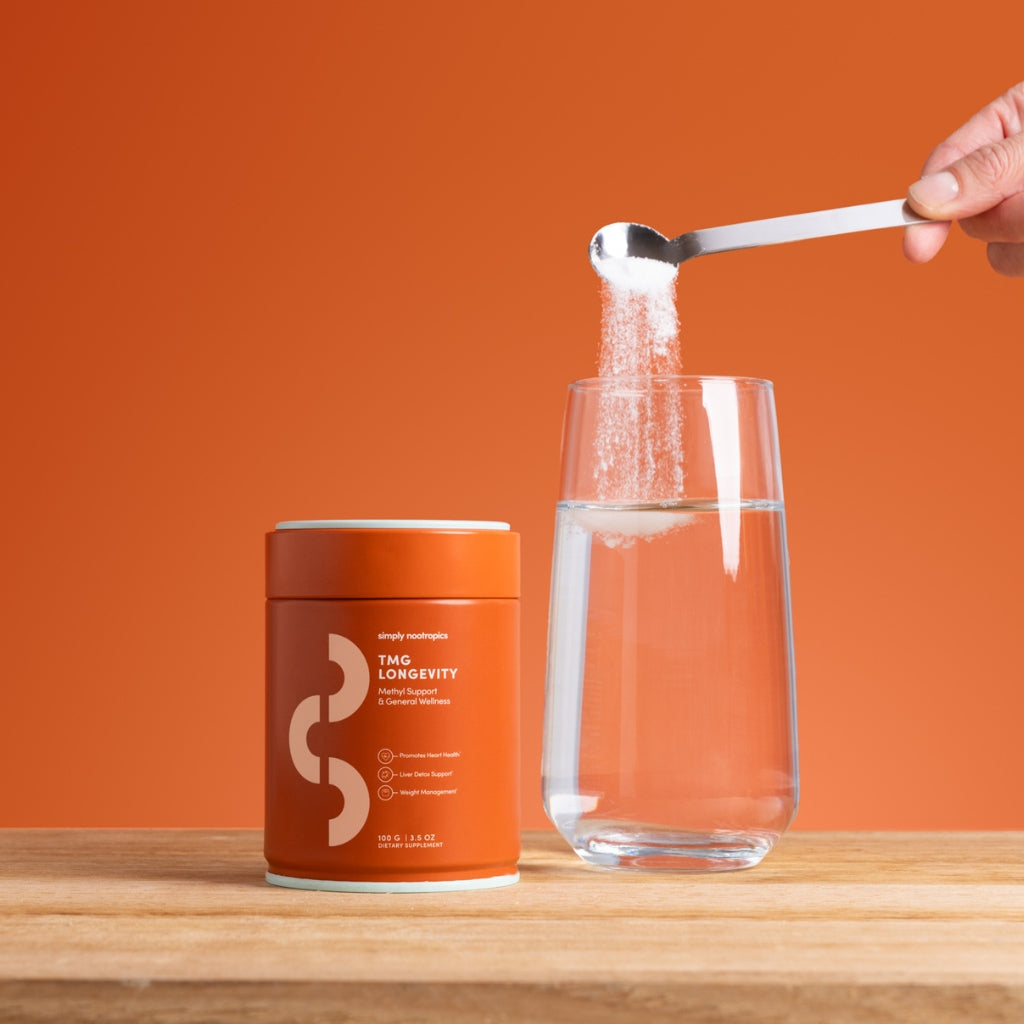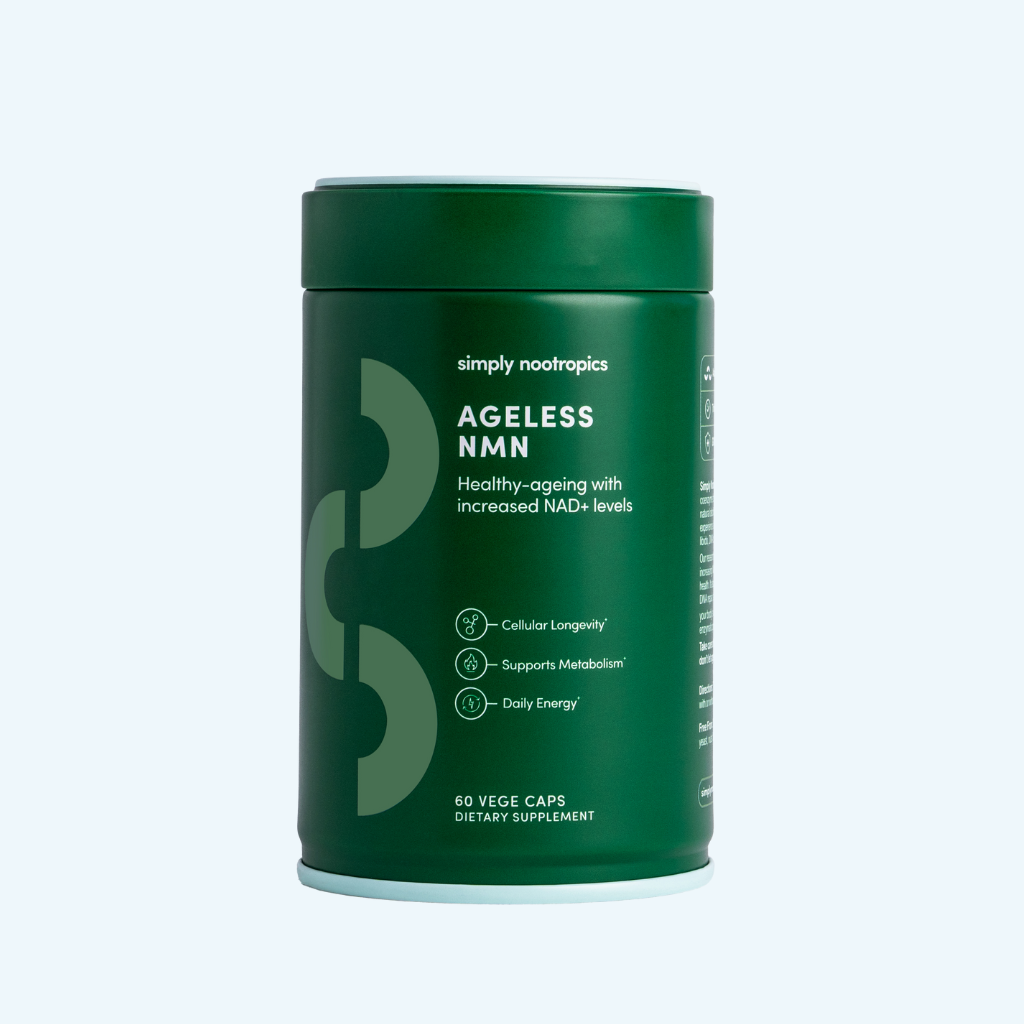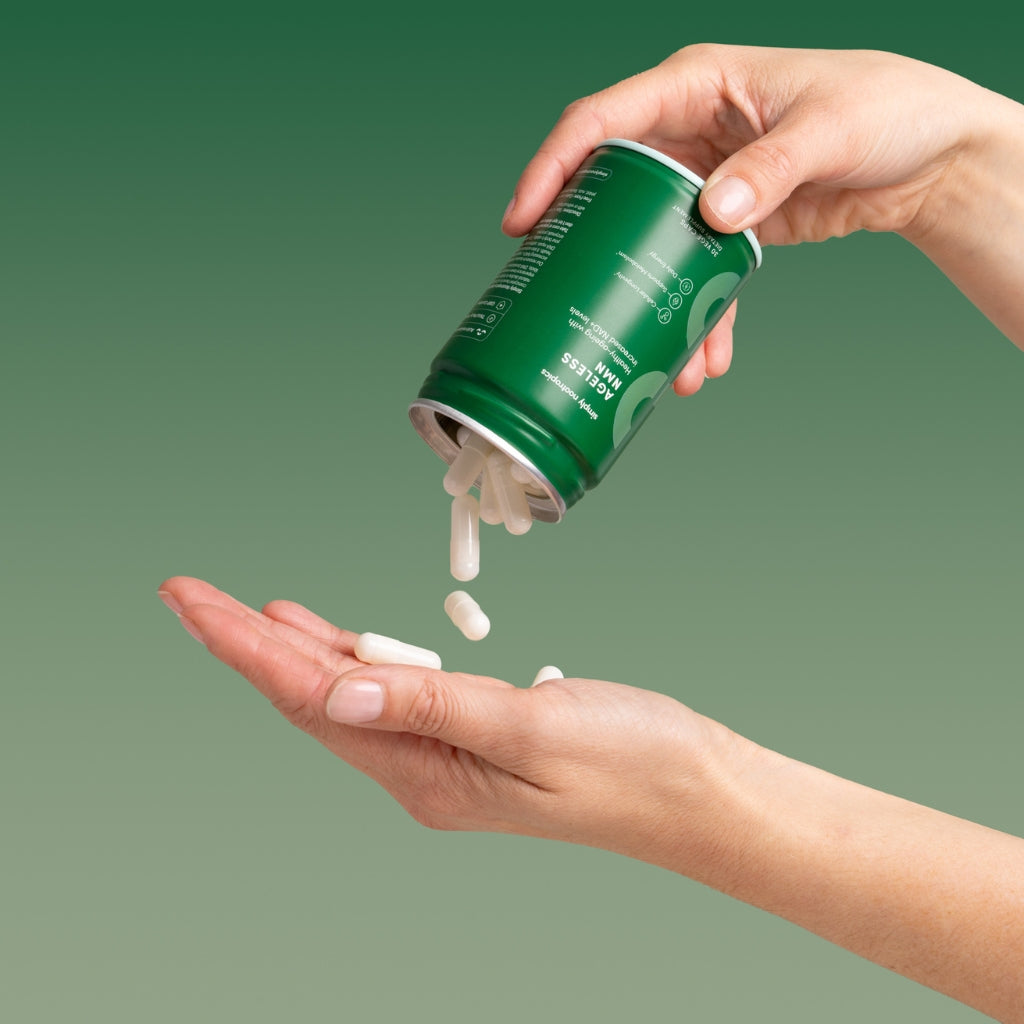May is Mental Health Awareness Month, a time to slow down, check in with ourselves and each other, and talk about something that touches every one of us: mental wellbeing.
Mental health isn’t just about diagnoses or crises. It’s about how we cope with stress, how we connect with others, how we feel day to day. And yet, for all its importance, mental health still doesn’t always get the space or support it deserves.
This month isn’t just about raising awareness, it’s about changing the way we think, talk, and act when it comes to mental health. It’s about building a culture where reaching out for help is seen as a strength, not a weakness, and where looking after your mind is a normal part of everyday life.
Where We’re Really At
It’s easy to think of mental health struggles as something rare or distant, but the reality is much closer to home.
The World Health Organization estimates that one in eight people globally lives with a mental health condition. That’s anxiety, depression, PTSD, bipolar disorder, substance use, just to name a few.
And that number doesn’t even touch the everyday experiences of burnout, grief, stress, loneliness, or low energy that so many people go through without ever naming it.
Mental health is something we all have, and it moves and shifts throughout our lives, just like physical health does.
The problem is, stigma still holds a lot of people back. Fear of being judged, misunderstood, or dismissed keeps millions from reaching out for help. And for many, barriers like cost, cultural stigma, or lack of access to good care make it even harder.
Mental Health Awareness Month reminds us that mental health isn’t a private battle. It’s a community issue. And it deserves open, honest conversation.
Why Early Support Matters
We’ve learned a lot over the years about mental health, and one thing is clear: the earlier you get support, the better.
Mental health challenges often start quietly. Maybe you’re feeling more drained than usual. Maybe you’re withdrawing from friends, losing interest in things you used to enjoy, struggling to sleep, or finding it hard to focus.
It’s easy to brush these signs off. To tell yourself you’ll snap out of it, that it’s not serious enough to need help.
But early support can make a massive difference, helping prevent things from spiralling and making recovery smoother and faster.
It’s why it’s so important to normalise talking about mental health the same way we talk about physical health. We don’t wait until we have a major injury to get a check-up, because mental wellbeing deserves the same care.
Mental Health Is a Bigger Picture
While personal habits matter, mental health isn’t just an individual responsibility. It’s shaped by the world around us, too.
Economic pressures, systemic racism, gender discrimination, workplace stress, climate anxiety… the list goes on. These aren’t just “life stresses.” They’re real forces that impact mental health on a massive scale.
So when we talk about mental health, we can’t stop at self-care tips. We also have to talk about access to affordable healthcare, safer workplaces, fair policies, and a society that values wellbeing as much as productivity.
Creating a mentally healthy world means building systems that lift people up, not just telling individuals to “try harder” to feel better.
Everyday Ways to Look After Your Mental Health
Even though big change is needed, small daily actions still matter. They build resilience and give us tools to cope, even when things get tough. Here are a few places to start:
1. Make Sleep Non-Negotiable
Sleep isn’t a luxury, it’s a basic need. Getting 7–9 hours of quality sleep can boost your mood, sharpen your focus, and make you more emotionally resilient.
2. Move Your Body, Your Way
Exercise doesn’t have to mean hitting the gym. Dancing in your living room, stretching, walking outside, all of it helps release endorphins and lift your mood.
3. Eat with Your Brain in Mind
A healthy gut supports a healthy brain. Try to eat a colourful, nutrient-rich diet with lots of veggies, healthy fats, and foods rich in B vitamins and omega-3s.
4. Stay Connected
Meaningful relationships are one of the strongest protectors against depression and anxiety. Even sending a quick “thinking of you” message can help you, and them, feel more grounded.
5. Practice Being Present
Mindfulness doesn’t have to be formal meditation. It can be as simple as noticing your breath, your surroundings, or your feelings without judgment, even for a few minutes a day.
6. Reach Out Before You’re in Crisis
You don’t have to wait until you’re at breaking point to get support. Therapy, peer support, coaching, or even open conversations with friends can make a world of difference early on.
Language Shapes Everything
The way we talk about mental health matters. When we casually throw around terms like “crazy” or “psycho” while referring to others, or use diagnoses as punchlines, we reinforce stigma, even without meaning to.
Changing the conversation means choosing language that’s respectful, honest, and human. It means listening without jumping to “fix” someone. It means creating space for people to be vulnerable without fear.
The more we make those small changes in how we talk, the bigger the ripple effect we create.
What We're Doing to Support Mental Wellbeing
At Simply Nootropics, we believe mental wellbeing isn’t a luxury, it’s the foundation for a good life. And we know that support should be easy to access, trustworthy, and built for the long haul, not just quick fixes.
That’s why we’ve spent time carefully crafting products that aren’t about hype, but about real support for brain health, emotional resilience, and mental clarity. We use ingredients like Ashwagandha, L-theanine, Rhodiola rosea, Lion’s Mane mushroom, and CDP-Choline, backed by research and chosen for their ability to nourish the mind naturally.
Supplements like nootropics aren’t a replacement for therapy, medical care, community support, or lifestyle changes. But they can be a helpful tool, an extra layer of support that strengthens cognitive health, emotional resilience, focus, and mental stamina over time.
And if you’re struggling, you can find free, confidential help available wherever you are. Find A Helpline connects you with mental health services in over 100 countries, offering support from trained counsellors who are ready to listen.



